
Here are today’s most important updates from the realm of Science and Space.
Reaching New Heights: Sunita Williams to Conduct a Record-Breaking Spacewalk
NASA astronauts Nick Hague and Commander Sunita Williams are set to conduct the first spacewalk of 2025. The two astronauts will walk out of the airlock on Thursday, January 16, at 7 a.m. EST. This mission, designated U.S. spacewalk 91, will take place outside the International Space Station (ISS) and is expected to last approximately six-and-a-half hours. Their primary objectives include replacing a rate gyro assembly, which is essential for the station's orientation control, and servicing the Neutron star Interior Composition Explorer (NICER) X-ray telescope. Additionally, they will prepare the Alpha Magnetic Spectrometer for future upgrades, ensuring that this vital instrument continues to contribute to our understanding of cosmic phenomena. NASA will provide live coverage of the spacewalk.
Freshwater Biodiversity at Risk: 25% of Species in Grave Danger

According to a recent study published in the journal Nature, nearly 25% of the world's freshwater species are at risk of extinction. This assessment, conducted by the International Union for Conservation of Nature (IUCN), evaluated 23,496 species, including fish, crustaceans like crabs and shrimp, and insects such as dragonflies and damselflies. The findings show the urgent need for conservation efforts in these vital ecosystems. The study also pinpointed regions with significant biodiversity loss. Lake Victoria in Africa and Lake Titicaca in South America were highlighted as hotspots for threatened species. Among the species identified as critically endangered are the mini blue bee shrimp from Sulawesi and the Atlantic helicopter damselfly from Brazil.
Sip to Live: Study Reveals the Best Time to Drink Coffee for Longevity

For the first time, scientists have figured out the time consuming the famed beverage could provide the best results. As per the study published in the European Heart Journal, limiting coffee intake in the morning may have more benefits than spreading your consumption throughout the day. “Our findings suggest that coffee drinking in the morning may be more strongly associated with lower mortality than coffee drinking later in the day," the decade long study claimed. Drinking coffee in the afternoon or evening could disrupt the circadian rhythms and levels of hormones such as melatonin -- which in turn raises the risk of cardiovascular issues.
Zooming In: How NISAR Set to Redefine Earth Observation to the Centimetre

The US-India NASA-ISRO Synthetic Aperture Radar or NISAR mission will observe the Earth down to the centimetre, monitoring its land and ice surfaces, NASA's Jet Propulsion Laboratory Scientist Paul Rosen said. NISAR will feature an L-band system with a 10-inch (25-centimeter) wavelength and an S-band system with a 4-inch (10-centimeter) wavelength. Microwaves can reflect or penetrate an object depending on their wavelength. Shorter wavelengths are more sensitive to smaller objects such as leaves and rough surfaces, whereas longer wavelengths are more reactive with larger structures like boulders and tree trunks. This will enable NISAR to scan roughly all of the Earth's land and ice surfaces twice every 12 days to collect scientific data.

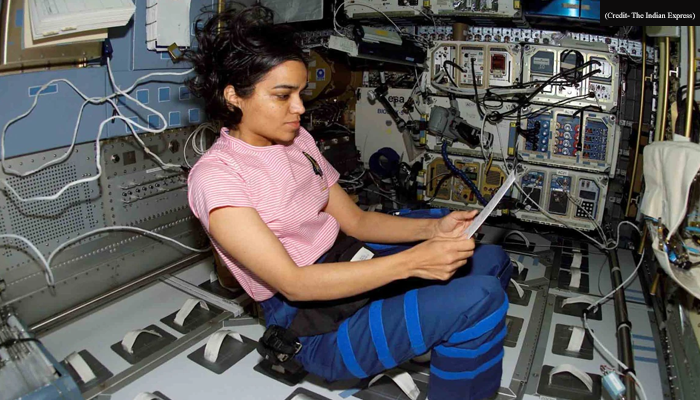
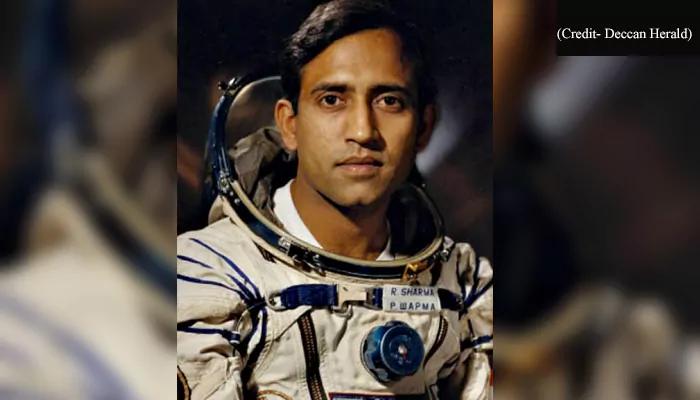
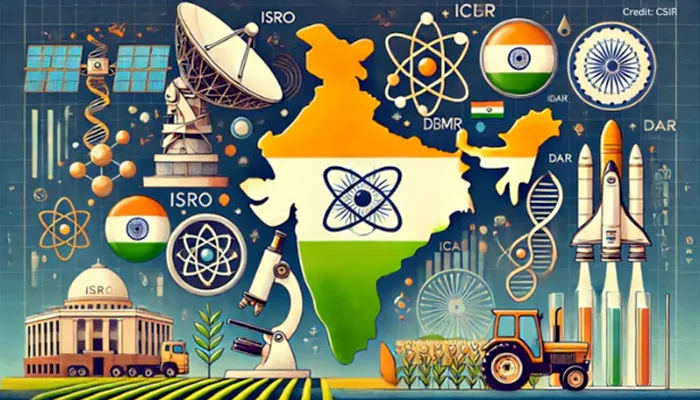

.webp)
.WEBP)
.WEBP)
.webp)
.webp)
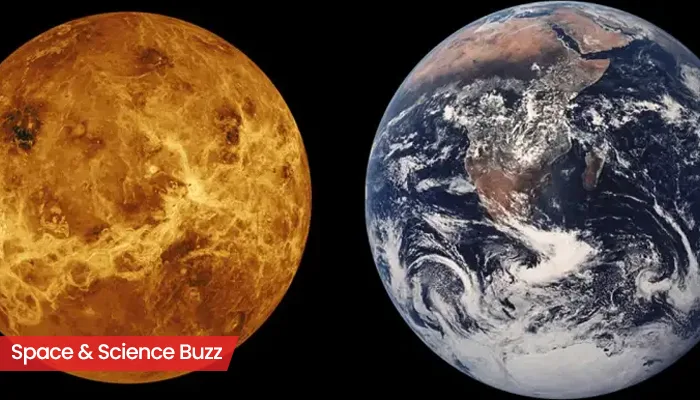
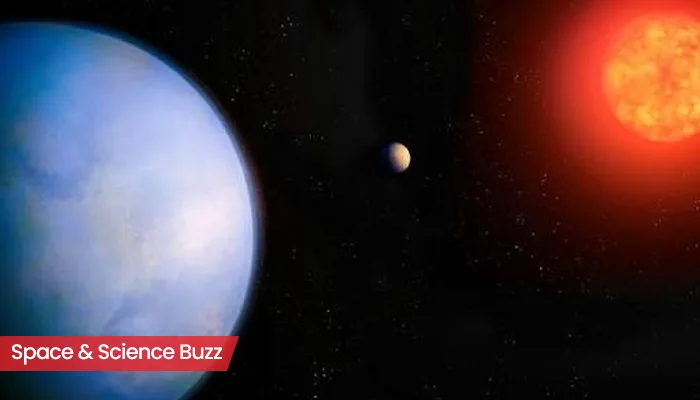
.webp)